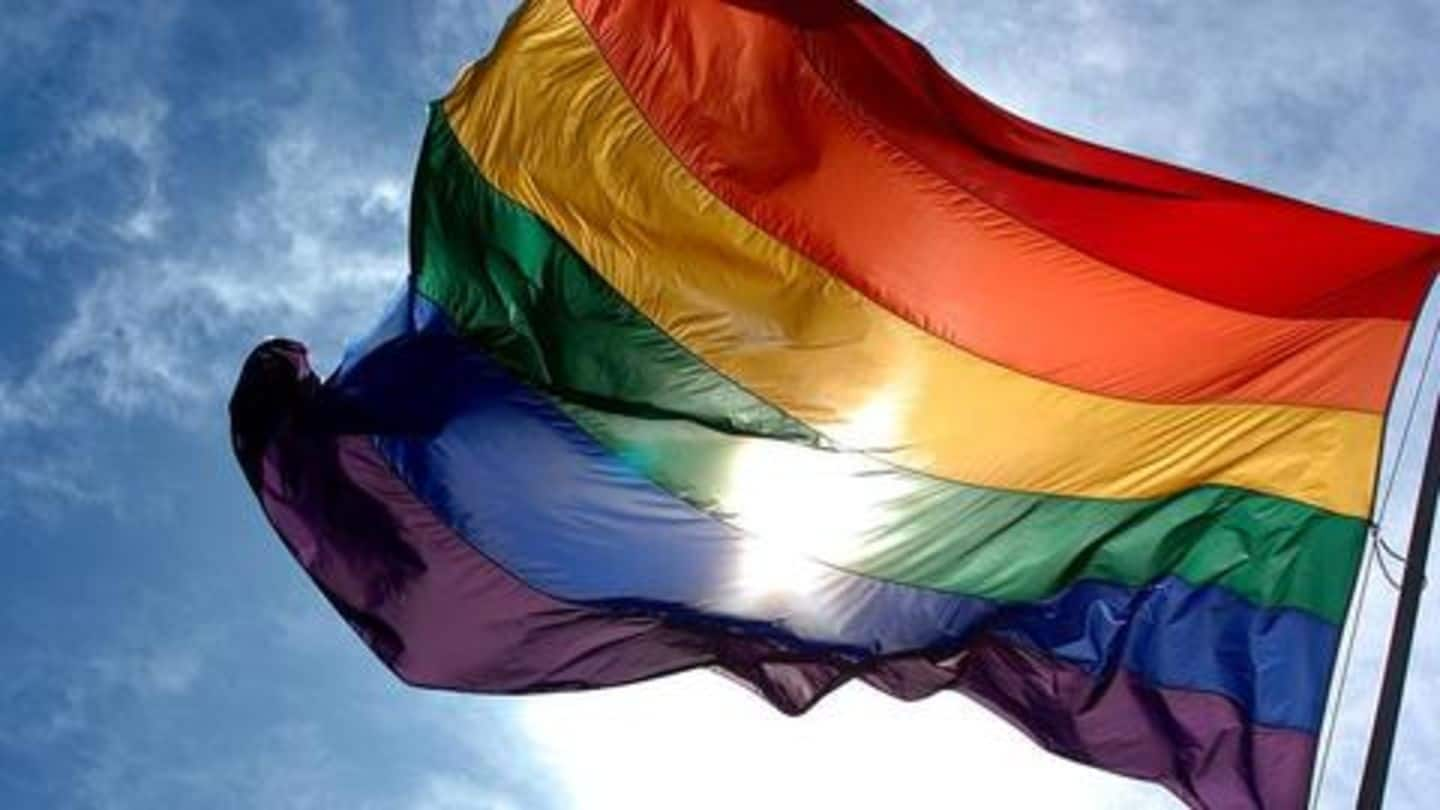
Why is LGBTQ community suing YouTube, Google
What's the story
Several LGBTQ YouTubers are suing the video-sharing platform and its parent company Google for allegedly discriminating against their LGBTQ-themed videos.
In their federal lawsuit, the YouTubers allege that the company has been unfairly restricting their ability to earn revenue through advertising and preventing their videos from reaching a wider audience.
Additionally, the lawsuit also alleged that YouTube isn't doing enough to curb hate speech.
Information
Who are the complainants?
The YouTubers upload videos to a set of five channels and include GNews! producers Celso Dulay and Chris Knight, Bria Kam and Chrissy Chambers, Brett Somers of WattsTheStanford, transgender YouTuber Chase Ross and Queer Kid Stuff creator Lindsay Amer.
Accusations
Here's what YouTube stands accused of
The content creators have alleged that YouTube flagged their videos as "shocking," "inappropriate," "offensive," and "sexually explicit." This marked them as inappropriate for advertisers.
YouTube also allegedly allowed homophobic YouTubers, who bullied LGBTQ content creators, to stay online and make money.
Other allegations include blocking the YouTubers from purchasing ads from other videos and letting anti-LGBTQ ads run before their videos.
Information
YouTube's discrimination against LGBTQ content creators harms community
Notably, the lawsuit claimed that "unlawful content regulation, distribution, and monetization practices that stigmatize, restrict, block, demonetize, and financially harm the LGBT Plaintiffs and the greater LGBT Community." Additionally, it was also alleged that YouTube flashed anti-LGBTQ videos in the complainants' "Up Next" section.
Response
'Our systems don't restrict/demonetize videos on these factors': YouTube CEO
Meanwhile, speaking to The Verge, a YouTube spokesperson said that their policies "have no notion of sexual orientation or gender identity and our systems do not restrict or demonetize videos based on these factors or the inclusion of terms like 'gay' or 'transgender.'"
Last week, YouTube CEO Susan Wojcicki had clarified that the video-sharing platform does "not automatically demonetize LGBTQ content."
History
June: Vox journalist spoke against homophobic bullying on YouTube
Notably, back in June, YouTube faced severe backlash after Vox journalist Carlos Maza highlighted the targeted homophobic bullying he faced, perpetrated by conservative YouTuber Steven Crowder.
Only after the case went public, YouTube demonetized Crowder's channel but fell short of removing it entirely.
Members of the LGBTQ community, even those working at Google, felt that YouTube didn't do enough to restrict homophobic bullying.
Information
YouTube and Google CEOs apologized after incident
After the fiasco, Wojcicki had issued an apology and Google CEO Sundar Pichai also shared a letter with the LGBTQ+ employees in the company, reiterating the former's apology. Pichai also added that he regretted that the Maza-Crowder incident happened during Pride Month.